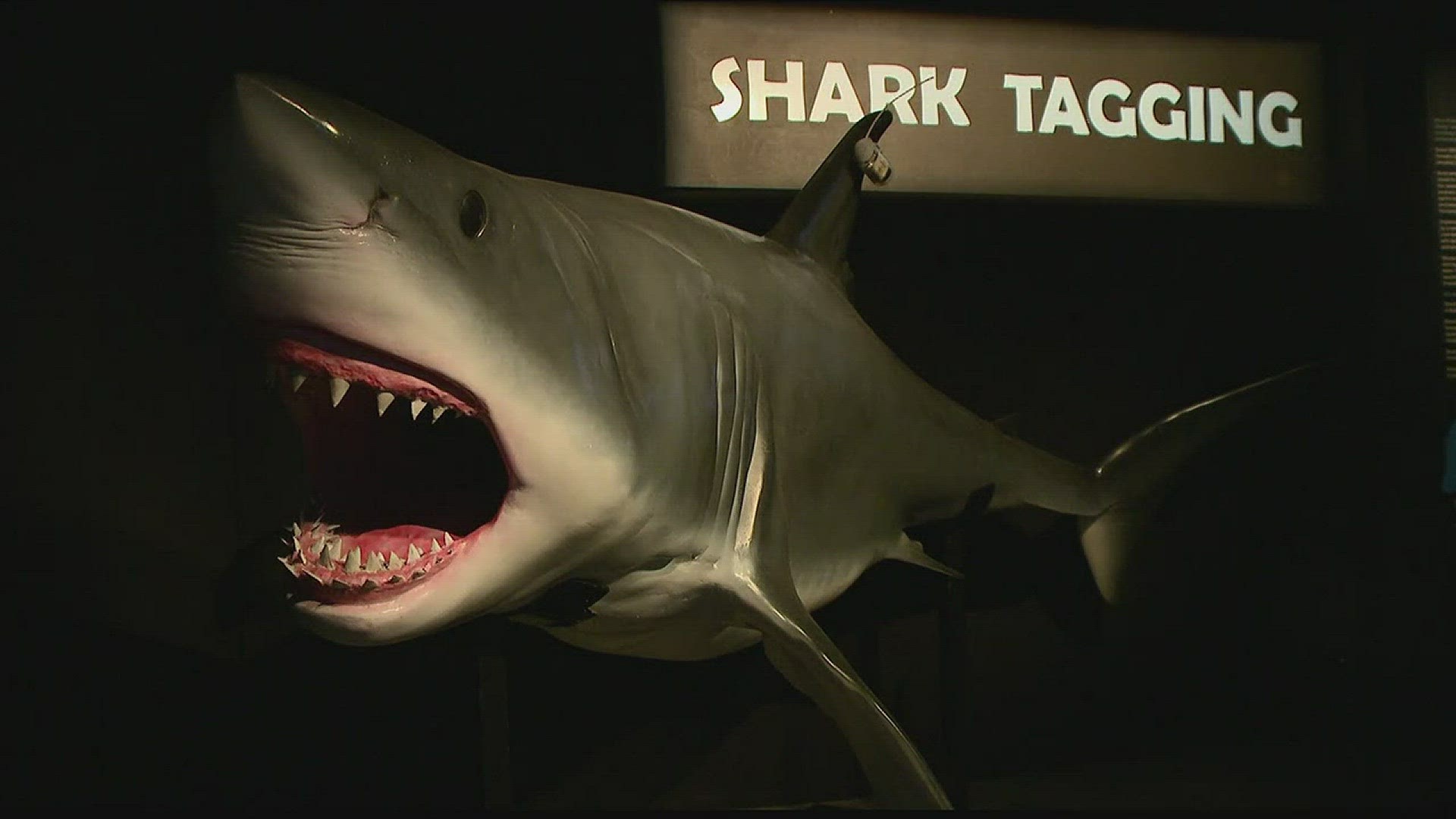Don’t you wish you had a professor in college who had the nickname “Dr. Shark”? That professor would be James Sulikowski, a marine biologist at the University of New England who-- this would look so cool on a business card--“has 25 years of experience working with cartilaginous and bony fish.”
We met him at the Portland Science Center to talk about a new exhibition, “Planet Shark: Predator or Prey.” So, which is it? “You know what? It’s a little of both,” Sulikowski told us. “They’re predators. They’re built to be predators. But they’re also prey because most sharks are actually under three feet long, so other sharks eat them.”
Long before homo sapiens existed, sharks were gliding through the oceans of the world. They’ve been around 450 million years. Humans, by comparison, are rank newcomers—we’ve been here roughly 200,000 years. In that time we’ve developed a lot of misconceptions about sharks, many of which have come about in the last four decades since the release of “Jaws.” One stubborn myth is that sharks consider humans to be a particularly delectable snack. “We really aren’t,” says Sulikowski. “We don’t look like their food. We don’t taste like their food.”
If you are still not convinced that sharks have no interest in taking a bite out of your leg the next time you wander into the surf at Old Orchard Beach, consider this question: how many times has a shark attacked a human in Maine in all of recorded history? The answer: zero. If you knew that, you’d likely have gotten a good grade from Dr. Shark.

